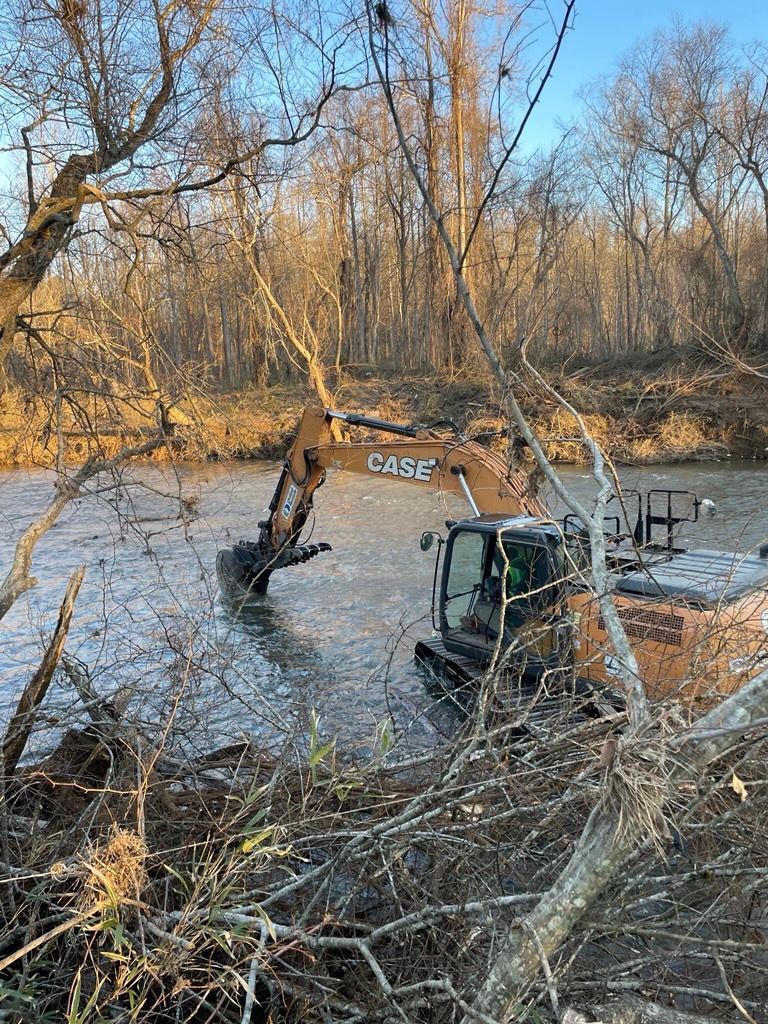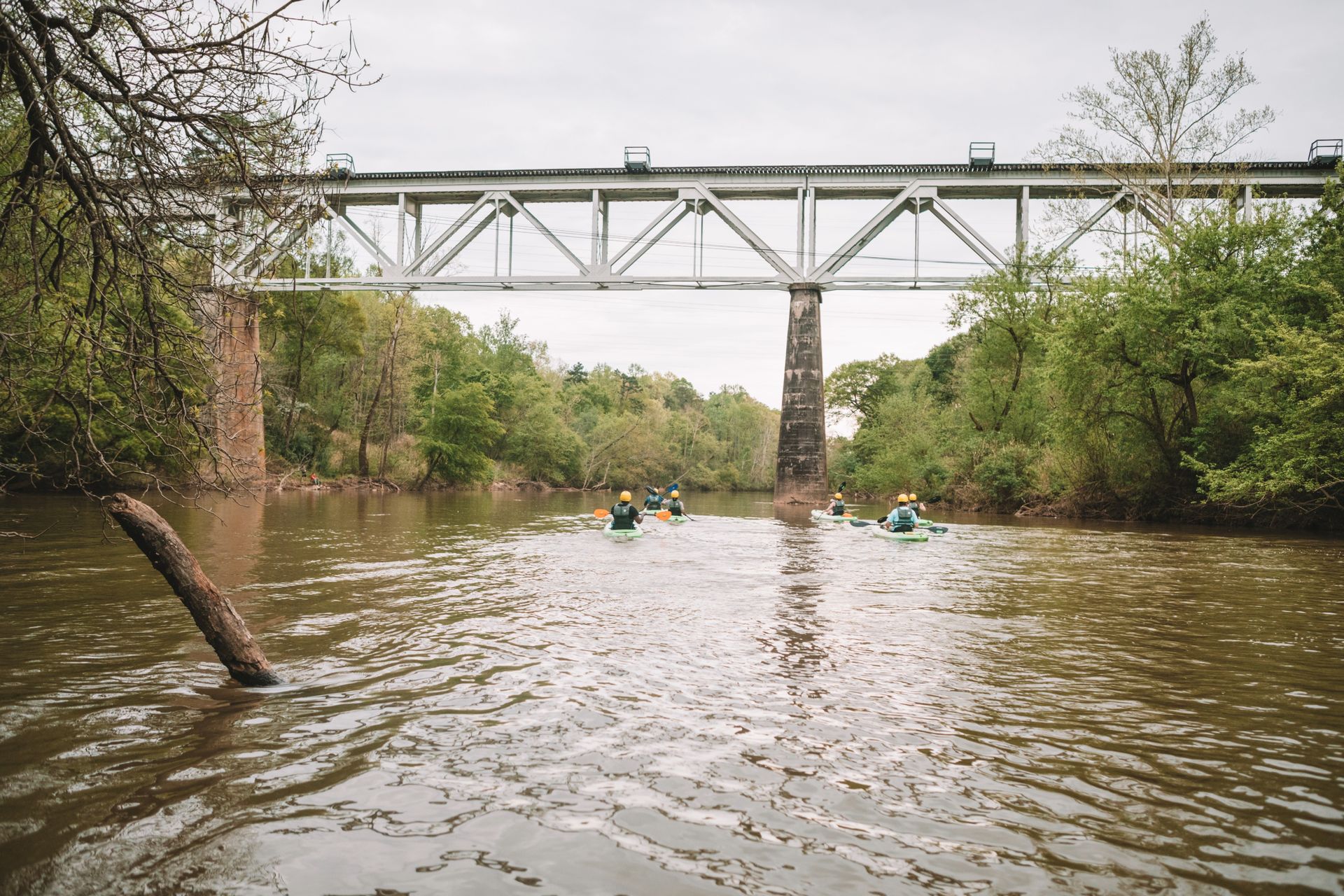Rumination Arts Festival
Celebrate creativity and community on Saturday, November 4 in Cramerton, NC
On Saturday, November 4, the community is invited to Rumination Arts Festival in downtown Cramerton.
Rumination Arts Festival is a vibrant celebration of creativity and community set amidst the picturesque backdrop of Cramerton, NC, along the scenic South Fork River. Community members are invited to immerse themselves in a world of artistic wonders as they explore the power of art to inspire, connect, and transform, while paying homage to the stunning South Fork River.
The festival is hosted by Confluence, a unique partnership between Catawba Riverkeeper and the Town of Cramerton that brings together art, music, recreation and the river.
Event features include a chalk art contest, community art panels, art workshops, and local art vendors. All art supplies are provided. Arts and craft vendors will be selling their handmade goods in Centennial Center from 11 a.m. - 4 p.m. Workshops include kindness rocks painting, tiny art making, nature prints with ink and clay, and plastic bottle flower making. Tiny art will be displayed in the Free Little Art Gallery, which will have its grand opening at 4 p.m.
The festival will conclude with live music by Paleface, a local duo that brings energy and creativity to the stage and through their artwork, at 7 p.m. inside on the Confluence stage.
For a complete schedule, see confluencesouthfork.org/ruminationarts.
Rumination Arts Festival is all about nurturing the artist within and celebrating the arts that flourish along the banks of the South Fork River. The festival is a free event sponsored by the Town of Cramerton, Gaston County Travel & Tourism, and Pharr. Proceeds from the event go towards improving water quality, flood resiliency, and recreation access on the South Fork River, the Catawba River’s largest tributary.
About Confluence
Confluence is a place where art, music, and recreation come together alongside the river to create that place of convergence for the community. Confluence is a place where neighbors and friends can meet to learn, grow, create, move, and find joy, together. It is located at 117 Center St, Cramerton, NC. Partners include Catawba Riverkeeper, Town of Cramerton, the South Fork Collective, and Human Powered Movement. Proceeds from Confluence go towards improving the health of the South Fork River.








